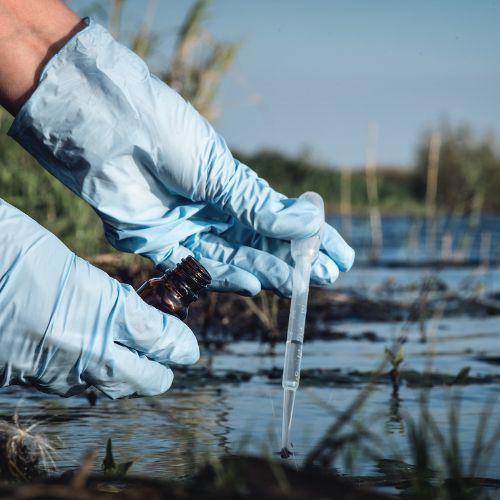Ankylosing spondylitis (AS) is a rheumatic disease, and in conventional medicine, there isn’t a fully satisfactory treatment. However, Ayurvedic Panchakarma treatment has proven effective in managing or curing this condition. Ayurvedic solutions include medicines and Panchakarma therapies play a crucial role in this. These medicines help balance the doshas in the body, promoting overall healing and disease resolution.
One amazing ayurvedic panchakarma treatment is Shalishastika Pinda Svedana, a therapy involving sweating with a medicated bolus of rice, performed over one month or more for those suffering from AS.
Mustadi Yapana Basti (enema with medicated milk) and Anuvasana (enema with Ashwagandha oil) are administered for 30 days.
Additionally, oral Ayurvedic drugs are prescribed for two months. Pratimarsha nasya (nasal drops) with herbal oil is done for 15-20 days.
Complementing these treatments, a specific Ayurvedic diet, yoga, and other recommendations are provided by professional Ayurvedic clinics like Vedic Sutrra.

Ankylosing spondylitis is a form of arthritis that brings about similar issues as other types of arthritis, primarily joint pains. It triggers inflammation in the joints and ligaments of the spine, affecting other joints like knees, ankles, and hips.
Individuals with Ankylosing spondylitis often experience stiffness in the spine due to inflammation, leading to the fusion of bones in the spine in some cases. This fusion results in an inflexible and rigid spine.
While there may not be a complete cure for ankylosing spondylitis, Ayurveda has been known to effectively manage and alleviate the symptoms of this condition. Ayurvedic treatments aim to control symptoms and improve the overall quality of life for individuals dealing with ankylosing spondylitis.







Ankylosing spondylitis, a condition linked to genetics, has a higher risk for individuals carrying a specific gene called HLA-B27

Ankylosing spondylitis is an autoimmune disease where, for reasons not completely understood, the immune system mistakenly attacks the body’s own tissues, especially the joints and ligaments in the spine. This autoimmune response causes persistent inflammation, pain, and stiffness, and in some instances, it can lead to the fusion of the spine.

While genetic factors primarily contribute to ankylosing spondylitis, certain environmental factors also play a role in the development of the condition.
Panchakarma Ayurvedic Treatment offers a holistic approach to managing ankylosing spondylitis (AS), focusing on detoxification and balancing the body’s doshas. This treatment helps alleviate symptoms and improve overall quality of life.
Here are the key steps involved in the Panchakarma Ayurvedic Treatment for ankylosing spondylitis:
The Panchakarma Ayurvedic Treatment not only addresses the symptoms of ankylosing spondylitis but also promotes long-term healing and well-being. This comprehensive approach can significantly improve mobility and reduce discomfort, helping individuals lead a more fulfilling life.
Ankylosing Spondylitis is a form of arthritis that primarily affects the spine, causing inflammation in the joints and ligaments. Symptoms include:
Ayurvedic treatment for Ankylosing Spondylitis involves balancing the doshas through a combination of medicines and Panchakarma therapies. These treatments aim to alleviate symptoms, promote overall healing, and improve the quality of life. Specific treatments like Shalishastika Pinda Svedana, Mustadi Yapana Basti, Anuvasana, and Pratimarsha nasya are used alongside an Ayurvedic diet and yoga.
Ayurvedic therapies for Ankylosing Spondylitis include:
Yes, Ankylosing Spondylitis has strong genetic links, particularly with the HLA-B27 gene, which increases the risk of developing the condition. Additionally, immune system dysfunction, where the immune system mistakenly attacks the body’s own tissues, and certain environmental factors can contribute to the development and progression of Ankylosing Spondylitis.
While there is no complete cure for Ankylosing Spondylitis, Ayurvedic treatments can effectively manage and alleviate the symptoms, helping to control inflammation, pain, and stiffness. The goal is to improve the overall quality of life for individuals with AS through holistic and personalized treatment plans.